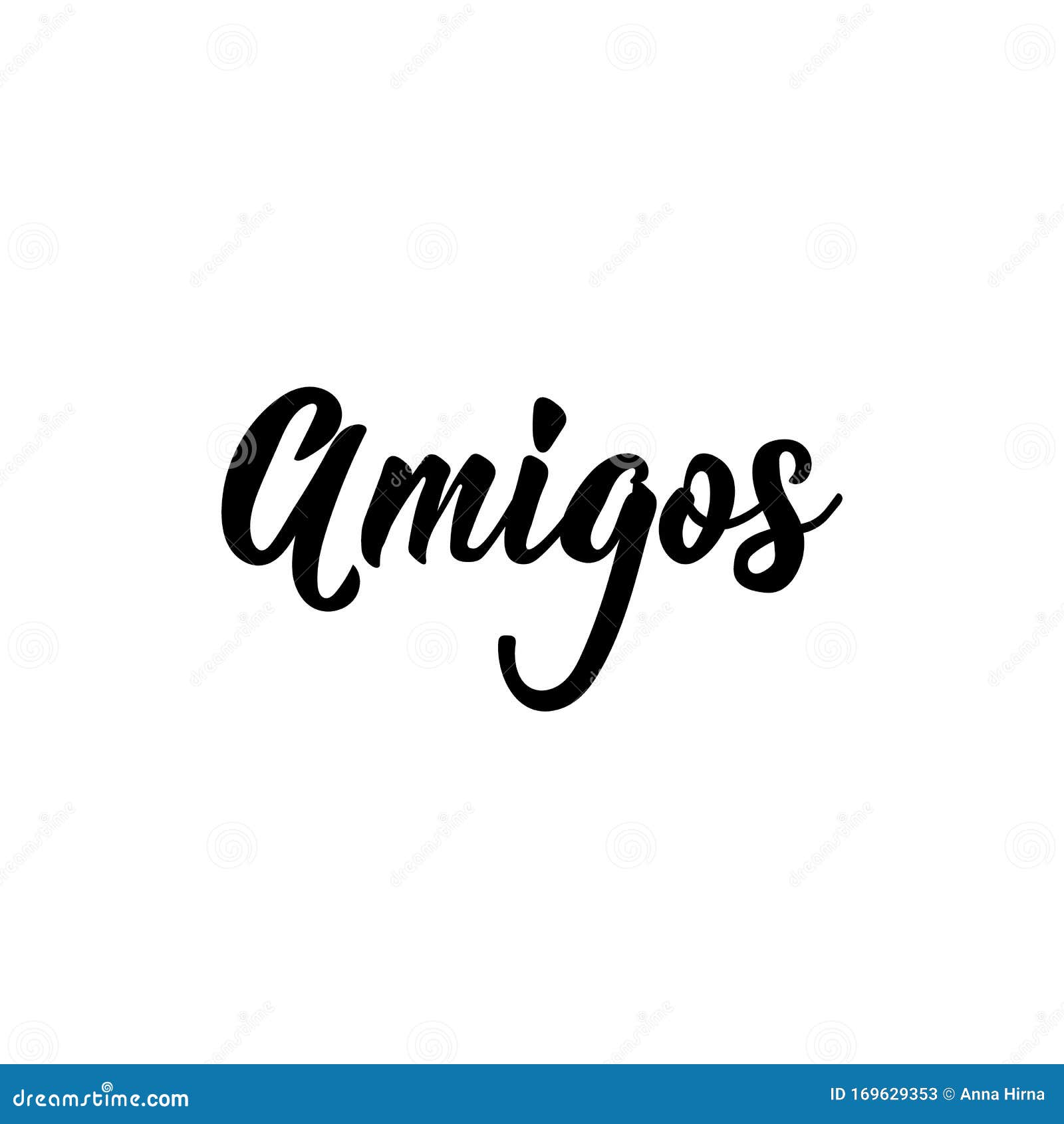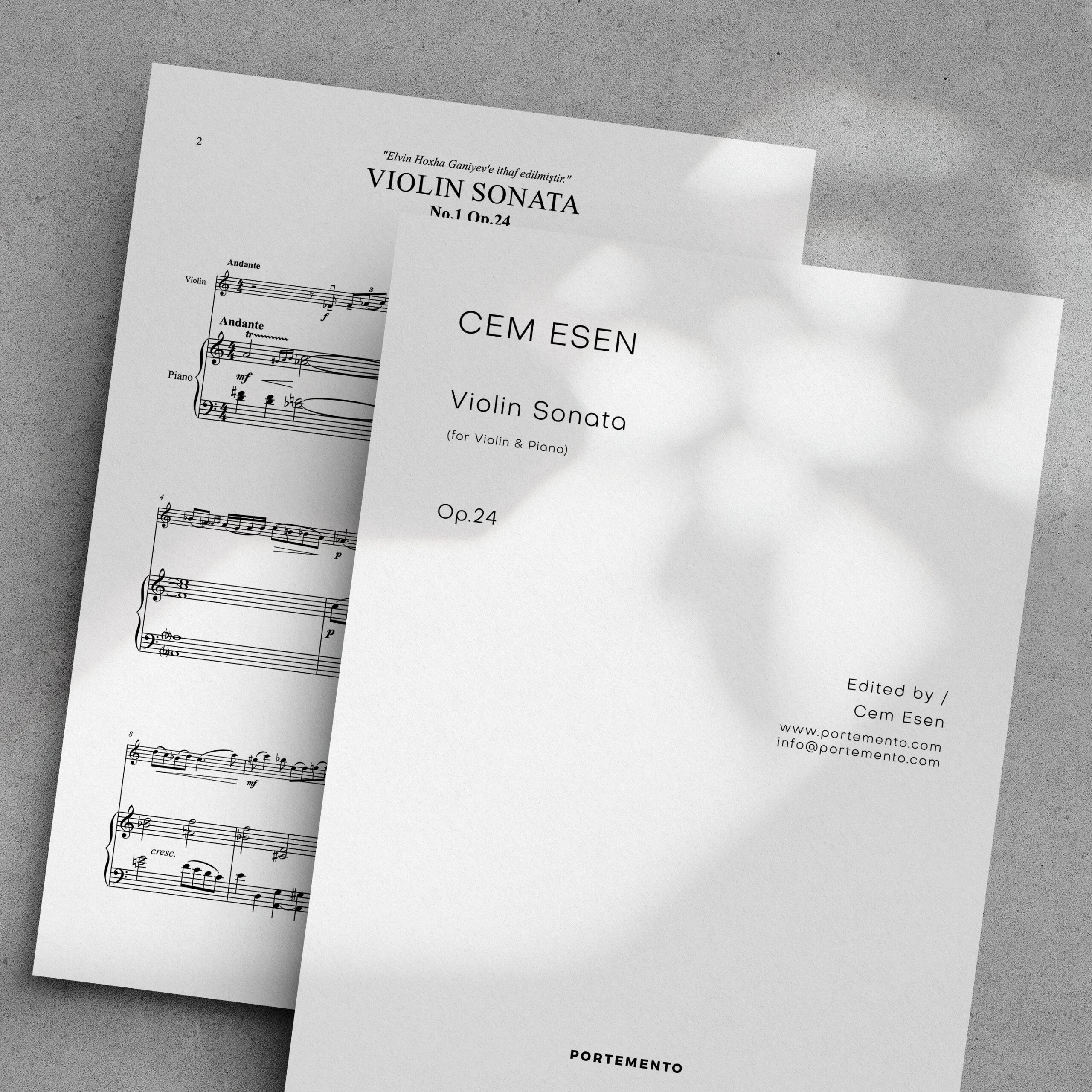
Friends in Spanish. Lettering. Ink Illustration. Modern Brush
One of the most important polite phrases in Portuguese: ObrigadoThank you, Obliged (male speaker) Slow audio Play audio Singular, MasculineObrigadaThank you, Obliged (female speaker) Slow audio Play audio Interjection It's said to be a leftover from a polite expression that went more or less like, "I am obliged ( obrigado) to return your.

well here it goes my first reveal of my waifu i've been very inlove
I love you so much. Estou apaixonado por você. I'm in love with you. And just see that we don't say "I'm in love". We say I'm passionate about you. And because this is a temporary state — it might last, it might fade — we use the verb "estar". In a moment, you'll see that we also employ the verb ser in this case.
My Portuguese Friends Épicerie à Brainel'Alleud
But I've heard them so many times in common speech that I started using them when speaking spanish between my friends. Specially 'cade', that word is magical, reminds me of the days I used to play CS:GO and my teammates would always shout at me "Cade voce porra!! Me ajuda caralho.."

[For hire] spooky NSFW Commissions open! Furry, fanart, futanari, bara
Looking for false friends will help you avoid common errors as you transition to Portuguese fluency. True Friends. True friends are words that look or sound the same or similar, AND have the same meaning. An example of a true friend between Spanish and Portuguese is the Spanish word comenzar. In Portuguese it is almost the exact same, começar.

English verbs Grammar Quiz Quizizz
Amigos, Amigos, Negócios à Parte. "Friends are friends, and business is business.". That's roughly what the title for this section means. And although many Brazilians resort to this saying on a daily basis — especially when denying favors — they don't tend to see that relationship as clear-cut as in the saying.

SPEAKING ONLY SPANISH TO MY FRIENDS FOR AN ENTIRE DAY!! YouTube
Te amo. The most traditional way to say 'I love you' in Brazilian Portuguese is te amo. Like its English translation, it can be used among close friends and as the first definite declaration of the beginning of a serious relationship. A Brazilian may wait to say it or may even say it after a couple of dates - there are no rules.

Cem Esen Violin Sonata Op.24 Portemento
4. Hey/So = Pá. Pá is an extremely useful word for learners of Portuguese because it's basically a way to buy time while thinking over what you want to say. Use it at the beginning or end of a sentence, then pause and ponder. Photo via Flickr. 5.

TLS Travel & learn Spanish (SpanishTlS) Twitter
Answer: It depends. We have to take the following into account: Most speakers of both languages claim to know more Spanish vocabulary but think Portuguese is easier to pronounce. Unlike Spanish, grammatical rules are not strictly upheld in everyday Brazilian fala ("speak"), making speaking a breeze but writing a bit more complicated.

Escape from the Past I OPPENLANDER
33 - Não sei. - I don't know. This is the most common way of all to say that we don't know something. But, since it is used too much, there are some alternatives: 34 - Não faço ideia. - I have no idea. 35 - Or even more informal: Não faço a mínima (ideia). - I have no idea (lit.

After Reflexology Treatment The Interior Me Reflexology
Examples: Nosso cachorro e nossa gata são muito doces. = Our dog and our cat are very sweet.; Nossos amigos gostam de futebol. = Our friends like soccer.; Dele, Dela, Deles, Delas = His, her, their. As you've seen, we use the same possessive pronouns for você and for ele, ela. That means that we use the same possessive pronouns to say your and to say his, her, their.
Are Spaniards able to understand Portuguese? (My Portuguese friends
Translate My Portuguese friend always writes to me.. See Spanish-English translations with audio pronunciations, examples, and word-by-word explanations.

Cem Esen Violin Sonata Op.24 Portemento
Possessive Determiners vs. Possessive Pronouns. In this unit, we're going to learn about possessive determiners and possessive pronouns in Portuguese, which both serve the function of expressing possession or ownership of something. In English, these are words like my, your, his, her, their, and our (possessive determiners) and mine, yours, his, hers, theirs, and ours (possessive pronouns).

Bradford Cox Quote What could be more experimental than me writing a
Google's service, offered free of charge, instantly translates words, phrases, and web pages between English and over 100 other languages.

False Friends between Portuguese and Spanish! YouTube
Paraphrasing is your friend. Paraphrasing is another trick you can resort to if you want to improve your writing in Portuguese. This is something that I have done in order to improve my writing in English. I cannot say that I write perfect prose passages, but at least I have this website to show that this strategy works.

KodifyIT KodifyIT B.V. Project Management Specialists
Meu amigo - This is the standard formal way to say "my friend" in Portuguese. The adjective "meu" means "my" and "amigo" means "friend.". It is a gender-neutral term and can be used to refer to a male or female friend. For example, "Ela é minha amiga" means "She is my friend" in Portuguese. Minha amiga - This is.

David Win en LinkedIn supplychain inflation costreduction
1- Obrigado. The phrase we'll learn today is obrigado. In Portuguese, obrigado means "Thank you.". The word obrigado literally means "obligated," or more specifically, "to be obligated toward someone.". Now, in Portuguese, there are several ways to express one's gratitude. There are more formal and more casual ways to do this.